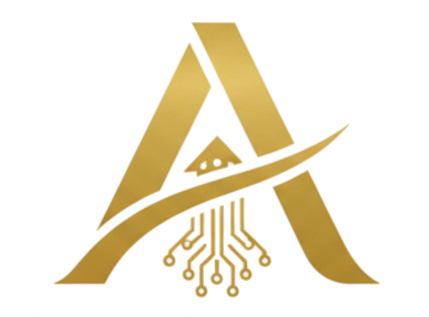Individual Tax
Individual Tax Preparation
Individual Tax Preparation at All Digital Tax is built for accurate, efficient filing when your tax situation has outgrown DIY software.
We focus on preparing and filing your return correctly, communicating clearly, and keeping the scope defined—so tax season is handled without surprises or unnecessary complexity.
Who We Serve
Is Individual Tax Preparation a Good Fit for You?
This service is built for individuals and families whose tax lives have grown beyond
what DIY tools comfortably support.
- W-2 earners with side income, investments, or rental property.
- Self-employed individuals filing Schedule C.
- Taxpayers with multi-state issues or stock compensation.
- Clients navigating major life changes such as marriage, divorce, or relocation.
This service is designed for individual filings.
Business entities, ongoing planning, and advisory work are scoped separately if needed.
What’s Included
What Individual Tax Preparation Includes
We focus on accurate filing, clear communication, and preparing your return based on the information provided for the current tax year.
- Full return preparation.
Federal and applicable state individual income tax returns prepared from your documents. - Review of key life events.
We assess changes in income, family situation, property, and investments. - Review of related income activity.
Schedule C and pass-through income is included when part of an individual return. - Plain-language explanation.
We walk through your return so you understand what matters before filing.
Process
How the Process Works
- Intro consultation.
We confirm fit and outline what we will need from you. - Secure document upload.
You receive a clear checklist and secure upload portal. - Preparation & questions.
We prepare the return and clarify any open items. - Review & filing.
We review results together, obtain approval, and file electronically.
Pricing
Individual Tax Preparation
Fees are confirmed after intake review and before engagement begins. This keeps scope clear and turnaround fast.
Core Individual Return
For straightforward individual filings with complete records.
- Federal and applicable state return
- Standard income documents (W-2, 1099, interest/dividends)
- Common credits and deductions (when supported by documentation)
- Plain-language review of filing outcome
Digital assets, business activity, rentals, multi-state requirements, cleanup/catch-up work, and amended returns are scoped separately when applicable.
Advanced / Investor Return
For returns with additional reporting or higher complexity.
- Self-employment or business activity
- Rental property reporting
- Stock sales and equity compensation
- Multi-state filing when required
- Digital assets / crypto reporting when applicable
Scope and fee are confirmed after intake review based on forms required, volume, and record condition.
You will receive a clear scope and fee before work begins. No hourly billing. No surprise fees.
Common Questions
Frequently Asked Questions
Can you help if I usually use tax software?
Yes. Many clients come to us after outgrowing DIY tools.
We help you transition to a more supported approach.
What if my household has mixed income types?
We focus on preparing your individual tax return accurately based on the income and documents provided. Broader planning or restructuring is handled separately if appropriate.
Do you work with out-of-state clients?
Yes. We work remotely with clients nationwide using secure tools.
Next Step
Ready for individual tax season to feel calmer?
If you want your individual tax return prepared accurately, clearly scoped, and filed without unnecessary back-and-forth, this service may be a good fit.
